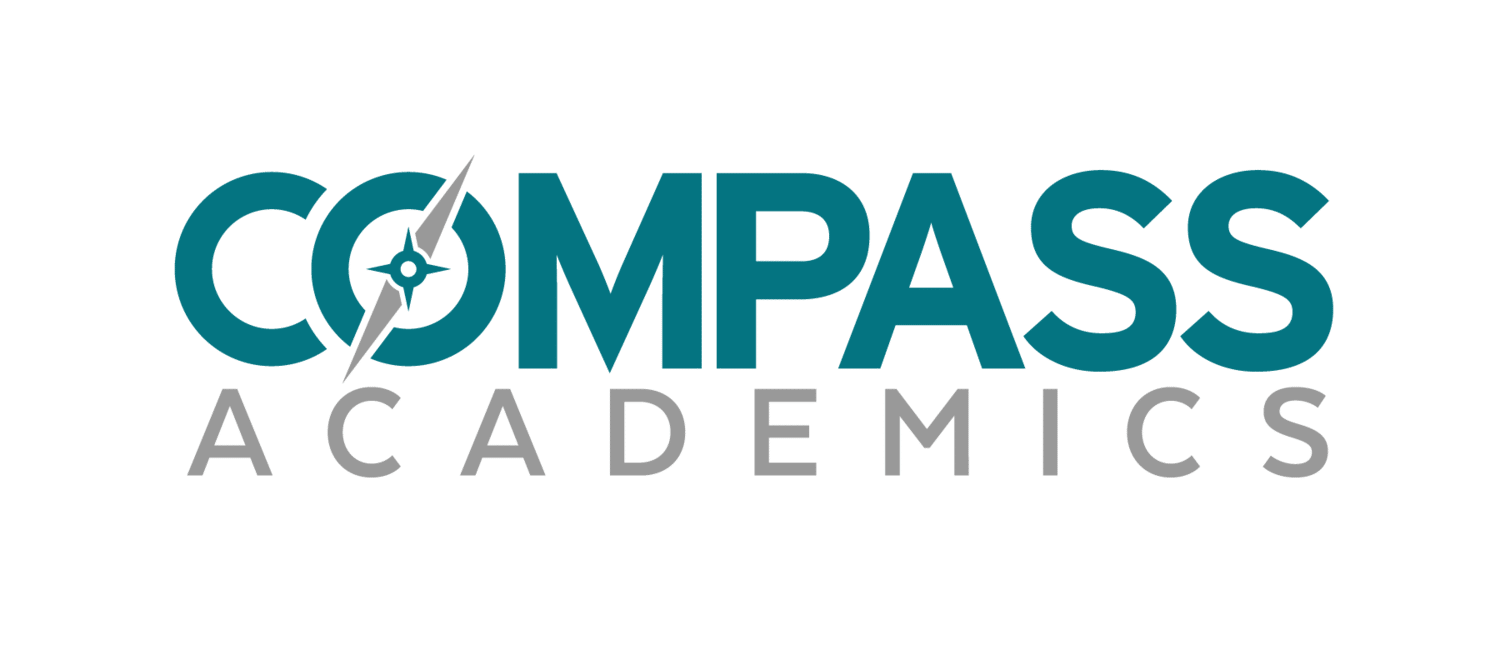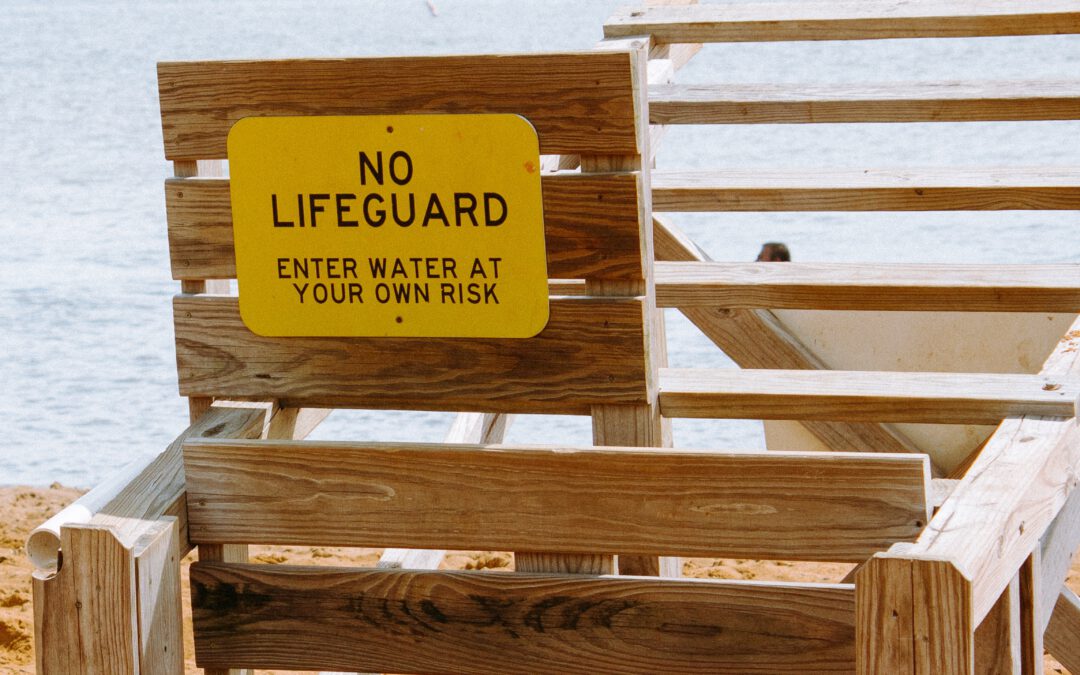The American School Counselor Association recommends a student-to-school counselor ratio of 250:1. The national average is more than twice that at 482:1. Of course, when you consider that these counselors are most often “guidance counselors,” and not specifically “college and career counselors,” the ratio becomes even less ideal. Many high schools have both types of counselors on staff, but they don’t have the resources to give their students all of the help that they need. The sad fact is that public education seems to fall further and further down the list of priorities and, when it comes to funding and administrative support, high school guidance counseling is often at the bottom of the list. In fact, with the rise in school shootings and the movement to arm teachers, a recent ACLU report shows that schools are hiring police officers, or school resource officers, at a higher rate than counselors. Not only does this not make students safer, statistics show that an increase in the presence of law enforcement in schools does not equate to a safer environment, but it leaves students woefully underprepared for life after high school. Without intentional and consistent guidance, high school students find it difficult to plan for their post-secondary success and this is especially true for first-generation college students. Compass Academics exists to fill this gap and to help high school students and their parents feel more confident in the college planning process. Students should take advantage of all of the services their high schools provide, but when their counselor is outnumbered and overworked, we provide additional resources to make sure students stay on track. guidance, counselor, counseling, college, career, private, admissions, consultant, high school, support, graduation

